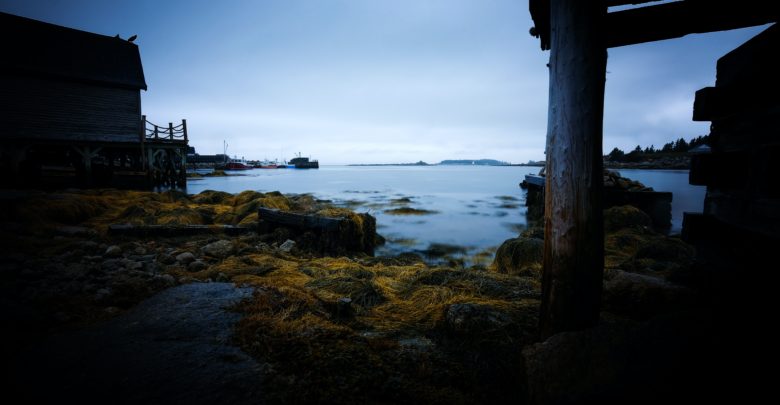 Pia Co
Pia CoWhen we learned about European Settlers coming to what is now known as Canada, our teachers showed us photos of the massive pile of bison skulls outside of Regina. It was a massive slaughter that nearly drove an entire species that covered the plains to extinction. We were taught it was motivated by the greed of these wealthy Europeans.
This teaching, like much of the education we received in middle school about Indigenous and Settler relations, fell short. Settlers, the descendants of European colonialists who came to live in North America, were the ones who wrote Canadian history and they typically created misleading narratives. It wasn’t only the individual greed of a few people that lead to the mountain of bison bones, but a calculated move to deprive Indigenous people of their resources as part of a genocide.
Now, in 2020, the Mi’kmaq people in Nova Scotia are facing the same kind of violence and violations of their rights.
This fall, shortly after the Sipekne’katik First Nation opened their own fishery, Settler fishermen have been attacking and intimidating Mi’kmaq lobster trappers because they say the Indigenous fishermen are threatening Settler livelihood by trapping lobster outside of the regulated season.
This violence is both horrific and unjustified. Under a treaty signed in 1752, the Mi’kmaq people have the right to fish and hunt year round to earn a moderate livelihood as they have been for thousands of years. These rights were cemented by Canada’s Supreme Court in 1999 in the R. v. Marshall case. The court ruled that Donald Marshall Jr., a Mi’kmaq fisherman, could fish for eels whenever and wherever he wanted to without a license, as were his treaty rights.
Additionally, biology professor Jeffrey A. Hutchings who specialises in sustainable fishing at Dalhousie University, said that the 550 lobster traps in use by Mi’kmaq fishermen is only a small fraction of the 900,000 traps used for lobster fishing in Nova Scotia.
So far, little has been done to aid the Mi’kmaq fishermen. When Jason Marr’s fishery was attacked by a mob of 200 people, he barricaded himself inside as the commercial fishermen began pounding on the door and throwing rocks at the building. It took RCMP 90 minutes to respond to his call for help. While police have begun to provide security, the Sipekne’katik say it isn’t enough, and Chief Michael Sack would prefer the military to step in.
Prime Minister Trudeau tweeted that the violence was “unacceptable”, but faced criticism from Chief Sack for not taking decisive action, and NDP leader Jagmeet Singh called these acts of violence “terrorism.” I believe the reason these acts have been called “rising tensions” by the media instead of domestic terrorism is because they are being carried out by White Settlers.
Compare this violence to the Wet’suwet’en protests earlier this year, as Indigenous land defenders blocked the railways in protest of a pipeline. Those protesting faced arrest, hovering helicopters, and having guns pointed at them. These protests exposed vitriolic racism towards Indigenous people, as comments under news stories online threatened the protestors with death. This has not been the case when commercial fishermen destroy the property and means of livelihood for the Mi’kmaq people.
It was never about the lobster, as it was never about the bison. It was always about Settlers enacting colonial violence that would never allow a moderate livelihood for Indigenous people on their traditional lands.
Canada, especially Prime Minister Trudeau, talks a big game about reconciliation with Indigenous peoples, but time and time again their treaty rights are violated and there is an absence of justice. Unless more Settlers speak up and work alongside Indigenous peoples towards ending systemic racism, the unjust violence will continue.




